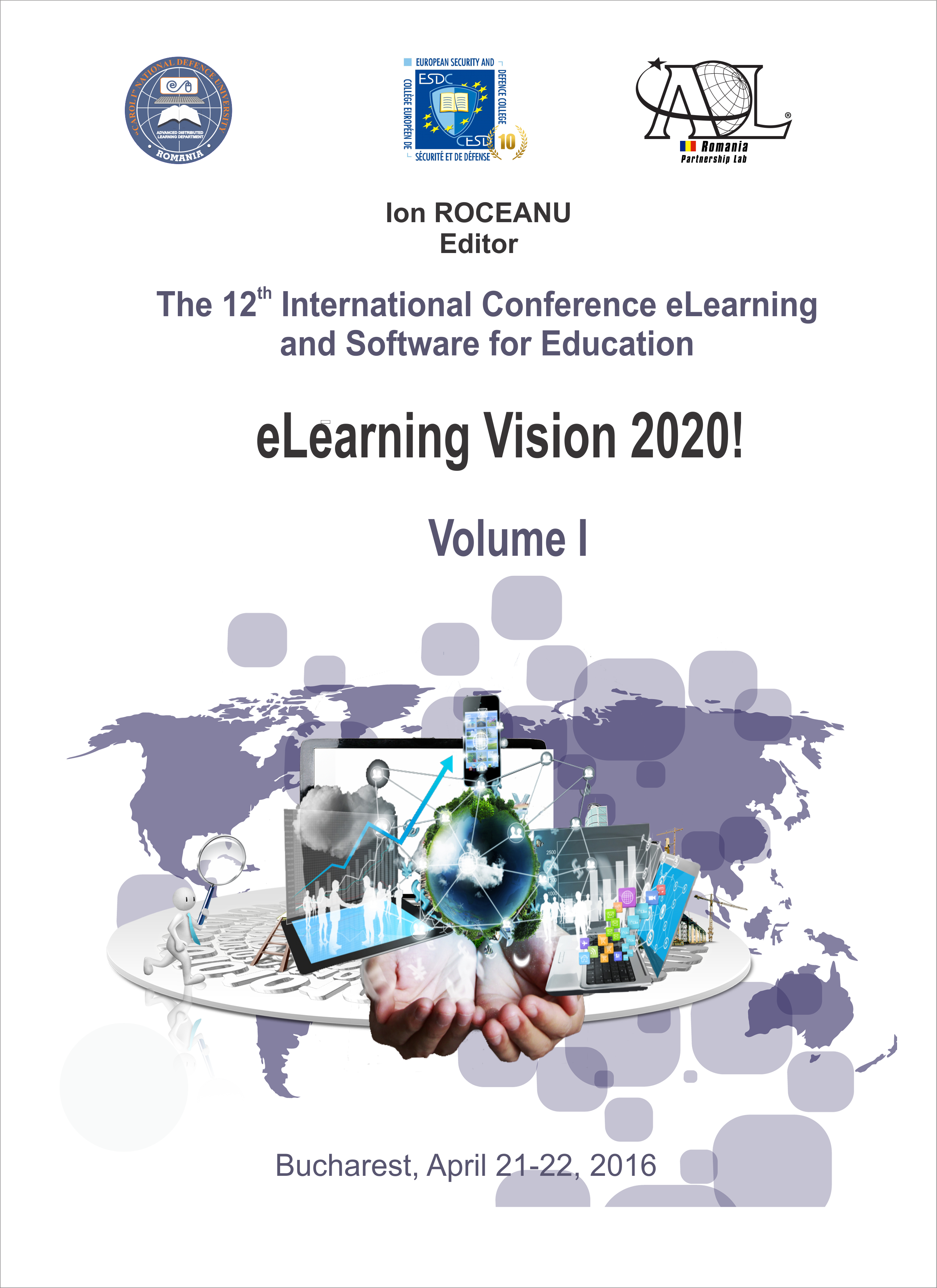EVALUATION OF DOCTORAL AND POSTDOCTORAL FELLOWSHIP PROGRAM USING MULTIPLE REGRESSION ANALYSIS RELATED TO THE RESEARCH EXPERIENCE
EVALUATION OF DOCTORAL AND POSTDOCTORAL FELLOWSHIP PROGRAM USING MULTIPLE REGRESSION ANALYSIS RELATED TO THE RESEARCH EXPERIENCE
Author(s): Mihail AntonSubject(s): Education, Educational Psychology, State/Government and Education, Sociology of Education
Published by: Carol I National Defence University Publishing House
Keywords: program evaluation; students’ satisfaction; regression analysis;
Summary/Abstract: This paper presents the main findings of evaluation of the fellowship program carried-out by “Carol I” National Defense University. Some of the findings have been reported at the final conference of the project “SmartSPODAS” and full report is available at the web page of the project. Evaluation of doctoral and postdoctoral fellowship program represents an important feedback-tool for administration and project management staff, in order to find the proper solutions for improves the management of research activities and educational services designed for students. Taking into consideration that the experience of all persons involved in this assessed program is a novelty one we appreciate more the utility of evaluation process of the program. A student satisfaction questionnaire was applied to a total of 119 students, consisting of 80 PhD students and 39 postdoctoral researchers. Fellows’ satisfaction was measured by asking students to respond to 47 questionnaire items. Multiple regression method was applied to the collected data in order to explore the relationships among the students’ satisfaction as dependent variable and other analyzed variables as predictors. The main findings revealed that “the professionalism/competence of teaching staff” and “applicability/usage of knowledge” have the strongest impact on how satisfied a student is with his/her overall educational and research experience. Besides students’ opinion as quantitative method of analysis the evaluation of the project comprises also a qualitative component of analysis, the opinion of doctoral advisers who were asked to share their in-depth view regarding their research experience and management duties. Even though there were reported some weaknesses of the project, for majority of respondents, the research fellowship program was much appreciated for increasing the managerial competency in their specific research field.
Journal: Conference proceedings of »eLearning and Software for Education« (eLSE)
- Issue Year: 12/2016
- Issue No: 01
- Page Range: 24-29
- Page Count: 6
- Language: English

